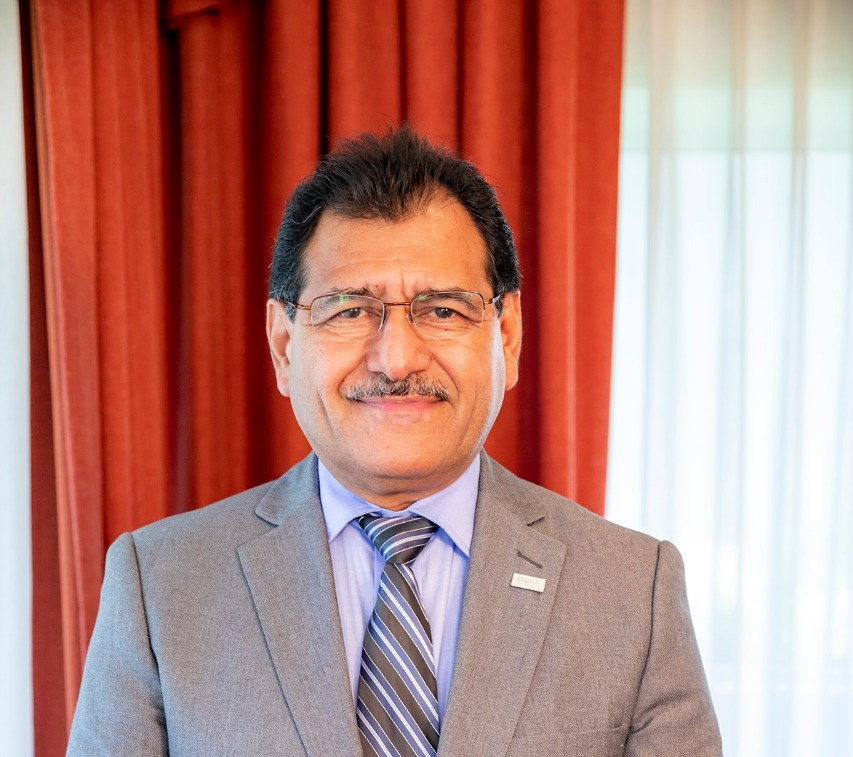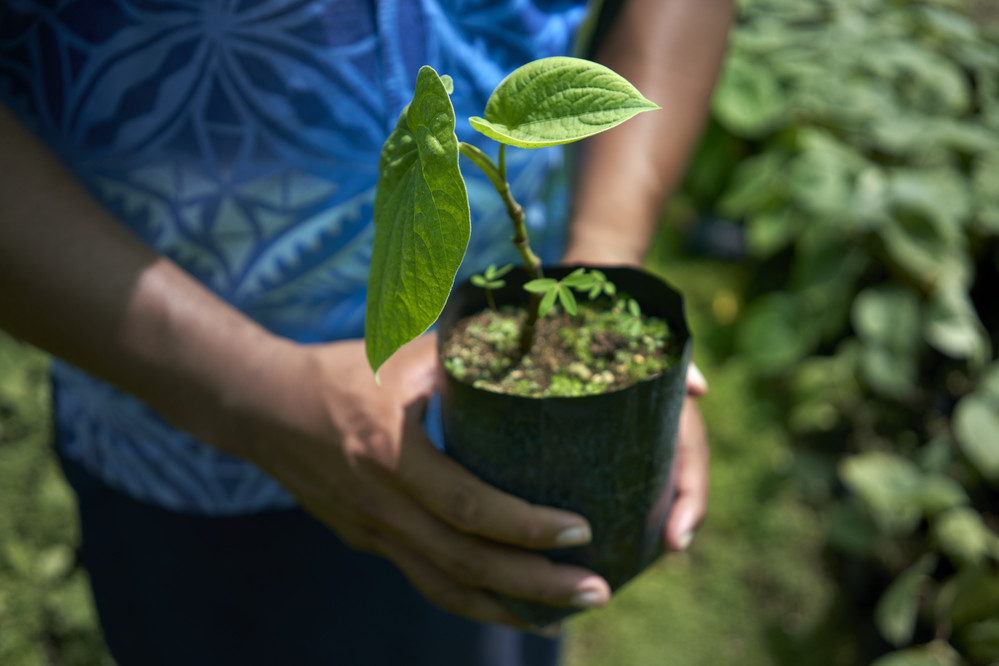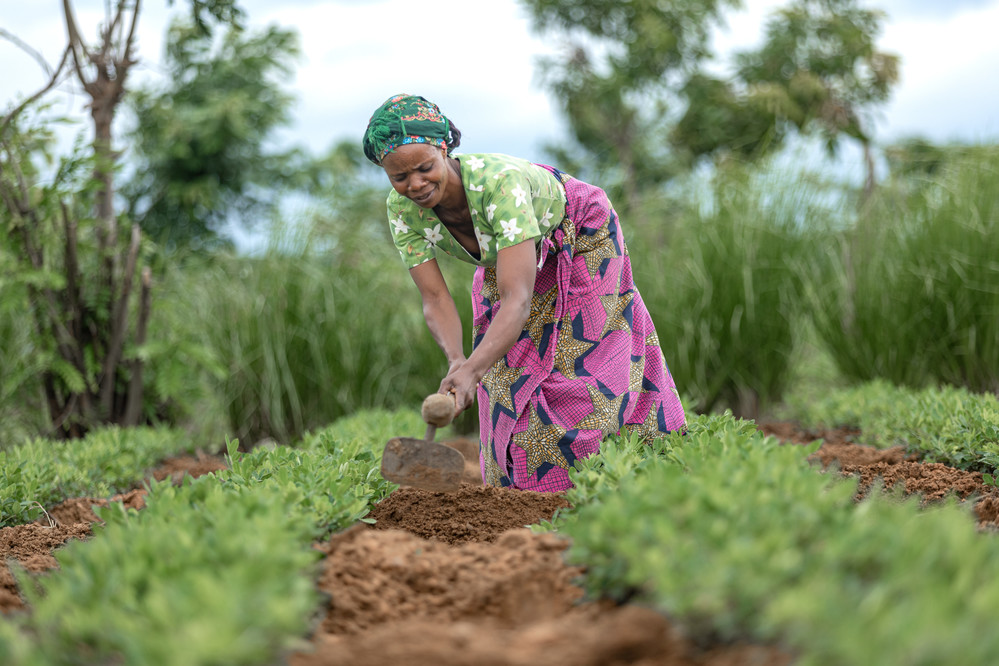Marco Antonio Aldana, President of Banco de Fomento Agropecuario, talks to SAFIN about the Bank's history and how the rural finance landscape in El Salvador has evolved during the COVID-crisis.

Marco Antonio Aldana, President, Banco de Fomento Agropecuario
Can you please tell us about BFA and its history?
Banco de Fomento Agropecuario (Agricultural Development Bank) was founded in 1973 as a public bank to provide financial services to small farmers in El Salvador. Although we are public, we do not receive funding from the Government of El Salvador, which means that we need to be financially sustainable. Nevertheless, BFA works closely with the Government, acting as the financial arm of different programs, such as subsidy programs for the elderly, youth, disable people etc.
We work in coordination with national entities such as the Ministries of Economy, Finance and Foreign Affairs of El Salvador, with international non-profits like Catholic Relief Services (CRS) and Oxfam, and with United Nations Agencies like the International Fund for Agricultural Development (IFAD), Food and Agriculture Organization (FAO) and the UN Environment Programme Finance Initiative (UNEP FI) to provide better services to our clients and to accomplish the Sustainable Development Goals.
Since its foundation, BFA has been the only bank in El Salvador that offers loans to small producers of basic grains, with notable expertise in agricultural credit. We also have national coverage, which allows us to remain close to our clients in rural areas. This makes us different from other banks.
Please tell us about yourself and your role at the bank.
Since June 2019, I have been the President of BFA. As part of this work, I led the development of the Bank’s new strategic plan for the next 4 years. I am an Economist and Agronomist, with a Master's degree in Community Economic Development. Before working at the BFA, I worked for 37 years in agricultural finance applying a value chain approach and using individual, group and corporate lending methodologies. I have working experience in Latin America, Africa (Uganda) and Asia (China, India).
What are the most important developments in rural finance in El Salvador since the beginning of the COVID crisis?
Like in other countries, a quick response from national supervision and regulation entities was necessary to maintain the stability of the financial system. At the same time, financial entities had to become creative in order to keep providing services and taking care of our employees. The pandemic compelled us to promote the use of online services and ATMs.
This was an important wake-up call for financial service providers targeting rural clients. It showed us that we were not using different technologies to provide our services and because of that, we had not prepared our clients to use such technologies. The crisis made us think about refreshing our services technologically speaking.
“We believe that the lessons we have learned over our 47 years of existence can help other SAFIN partners.”
Why did BFA join SAFIN?
We see ourselves as a sustainable and specialized rural bank, providing financial and non-financial services to rural clients. Over our 47 years of existence, we have learned about financing farmers and Small and Medium-sized Enterprises (SMEs) in rural areas.
We joined SAFIN because it aims to collect experiences from different places and to promote the development of financial and non-financial solutions for rural SMEs. We believe that our experience can help other entities.

